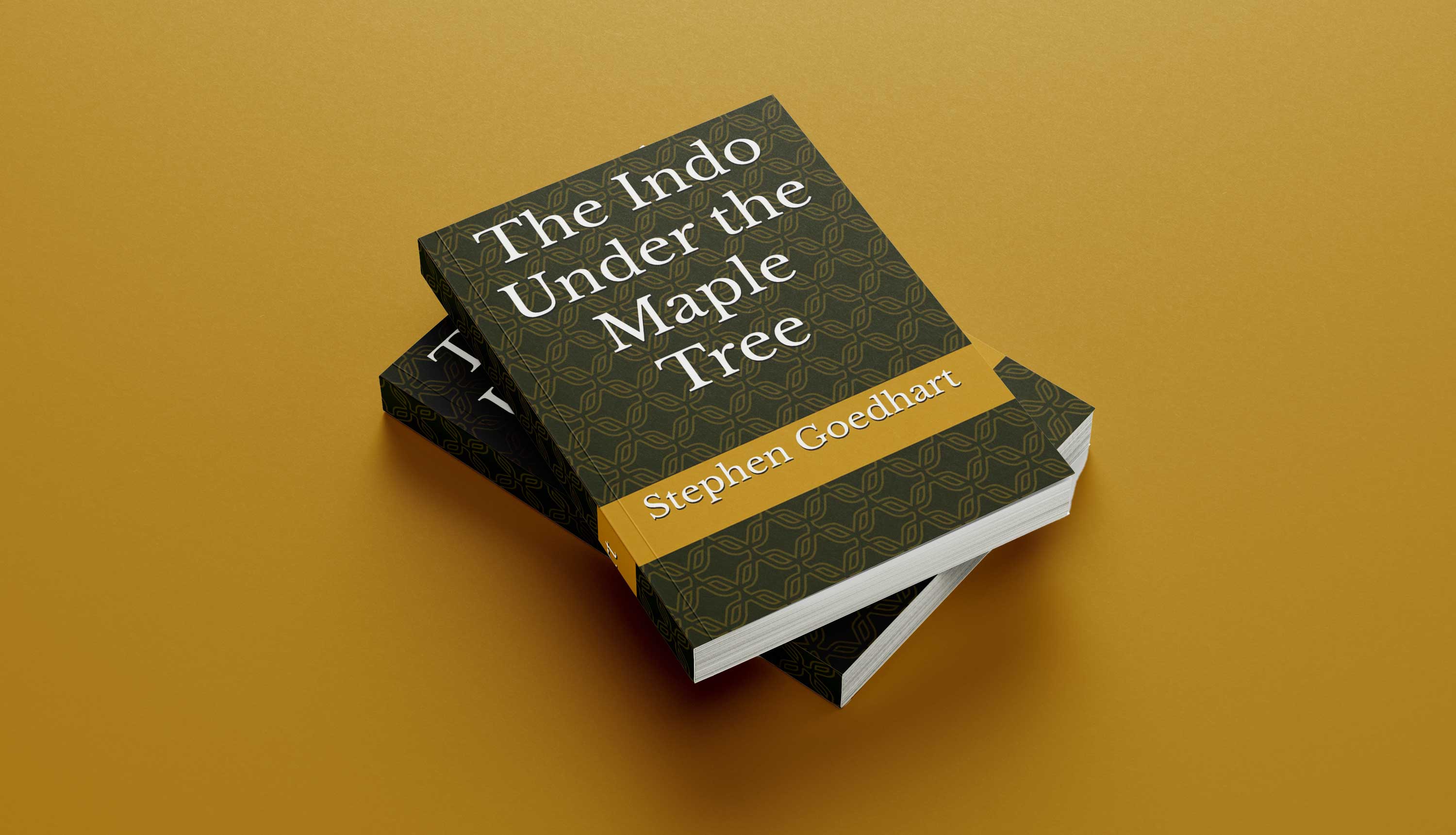Cultural preservation and identity: An Indo-Dutch Canadian blogger in Taiwan 🇹🇼
Profile
Stephen Goedhart, who resides in Taiwan, is a columnist, writer, and blogger with a reflective and analytical approach to complex societal issues. His work covers a range of topics including cultural preservation, intergenerational trauma, and mental health. By integrating interviews and diverse perspectives, Stephen aims to foster a deeper understanding of these nuanced issues. Through his blog, Indo Indo Dutch Canadian in Taiwan, he shares personal experiences as an Indo-Dutch Canadian immigrant living in Taiwan, offering unique insights into local culture and daily life. His blog enriches his columns with personal reflections and cultural commentary, bridging his personal journey with broader societal themes.
Bio
Stephen was born and raised in Canada (1975) to Indo (Indische Nederlander) parents. His parents, originally from the former Dutch East Indies, survived the genocide (bersiap period) with their families and were expelled from the newly formed country of Indonesia, known as the misplacement. They were repatriated to the Netherlands before immigrating to Canada in the mid-1960s. Growing up, Stephen spent his summers in the Netherlands, where he visited relatives, watched Oranje voetbal, attended Pasar Malams, listened to krontjong, and immersed himself in the vibrancy of the Netherlands.

The Indo Under the Maple Tree
The Indo Under the Maple Tree: A Powerful Tale of Identity and Resilience
The Indo Under the Maple Tree A Work of Literary Fiction Rooted in True Historical Events
by Stephen Goedhart
About the Book
The Indo Under the Maple Tree is a rare and poignant exploration of the Indo (Indische Nederlander) experience in Canada during the 1970s, 80s, and 90s—shedding light on an often untold, overlooked and underrepresented diaspora. It delves into vital questions: Who are the Indos? Why is it crucial for a cultural community without a homeland to preserve its identity?
At the heart of the story is David, the fictional narrator, who tells his own story. Born to parents from a place that no longer exists—the former Dutch East Indies—his family endured immense hardships: World War II, surviving the genocide known as the Bersiap Period, being expelled when the Dutch East Indies became the newly formed country of Indonesia, and being repatriated to the Netherlands—a country they had never truly known, yet where they held Dutch legal status Growing up in multicultural Canada, David absorbed lessons from the diverse communities around him while internalizing stories of resilience from his Indo family. He embraced the vibrant traditions of his Indo heritage: Pasar Malams, potjo potjo dances, awareness of the petjol language, family
gatherings, birthdays with Lang Zal Ze Leven, Sinterklaas celebrations, New Year’s Oliebollen, backyard satay, and the excitement of Oranje football matches. These moments filled him with pride in his culture and shaped his understanding of love and connection. David’s visits to the Netherlands in the 1980s and 90s deepened his connection to his roots. In the country with the largest Indo community, he encountered both immense pride and lingering feelings of shame tied to the colonial past. His journey through the Indo community revealed its remarkable strengths as well as its complexities. While his search for love
and connection was often marked by disappointment, David remained steadfast in his pride for his heritage.
Beneath the laughter and love lay deeper, unspoken truths. Outwardly embodying the model minority stereotype, David’s family carried the psychological scars of genocide (Bersiap Period), cycles of abuse, and intergenerational trauma. David himself struggled with a stutter, perhaps a manifestation of these inherited burdens. Yet, he believed deeply in the
importance of preserving cultural identity. For David, culture transcended adversity—it was a vehicle for sustaining spiritual strength and instilling purpose. Anchored by this conviction, he embraced the mantra: “Ik ben en ik blijf een Indo” (“I am and will always be an Indo”). Though fictional, The Indo Under the Maple Tree is deeply rooted in historical
truths, offering a poignant exploration of intergenerational trauma, resilience, and cultural heritage. It underscores the vital role of culture, including understanding history, in preserving continuity and community, while fostering awareness, appreciation, and moral enrichment. The Indo Under the Maple Tree is one of the few English-language books about the Indo experience. While numerous works and memoirs about the Indos exist in Dutch, English-language literature exploring their history—
particularly from a diaspora perspective—is limited. This makes the book a rare and invaluable contribution to understanding the complexities of Indo identity and heritage.
Buy the book here!

.svg)


.svg)




